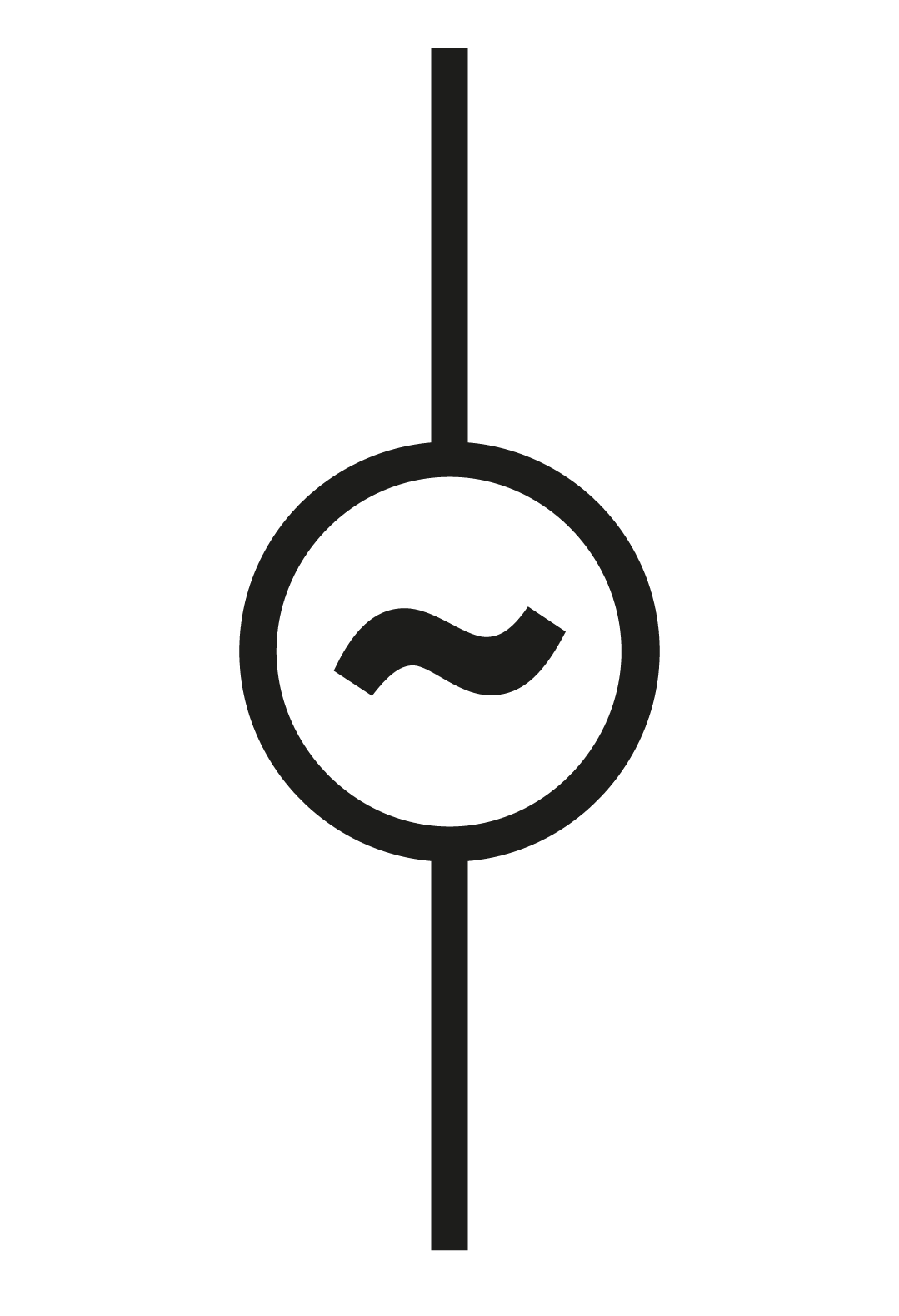Numbers vs Resources: The History of Banking
Tagline: "I almost wish there were a conspiracy, but I'm afraid it's much worse than that."
It is a widely, but vaguely, appreciated fact that banks and banking are powerful and important aspects of modern history, which affect almost all aspects of politics and society. Most thoughtful people, reflecting on the present trajectory of history, get the uncomfortable feeling that we are all being driven toward economic, political and ecological disaster, and that international banking has something to do with it.
This has made banking the focus of numerous conspiracy theories, most of which contain useful and verifiable information, but all of which fail in one key respect: they all subordinate the banking system to the agency of secretive groups of people who supposedly control the whole system across generations.
The conspiracy scenario, bad as it is, holds out the comforting thought that if we could just identify and take out the shadowy figures who are really in control, then everything could be put right. But what if the truth is even more terrible? What if the system has its own internal logic, like a virus or an algorithm, which needs no human hand to guide it?
This talk goes back to the basic principles, and the medieval Italian and English origins, of the banking system to explore its algorithmic properties. I will argue that credit systems are not only a powerful tool in the hands of human and organizations like governments and corporations, but also that they have revolutionary effects on the priorities and and agendas of those organizations. That the tool, in other words - like Elric of Melnibone's 'Stormbringer' or Faust's 'Mephistopheles' - guides the hand that seek to wield it.
